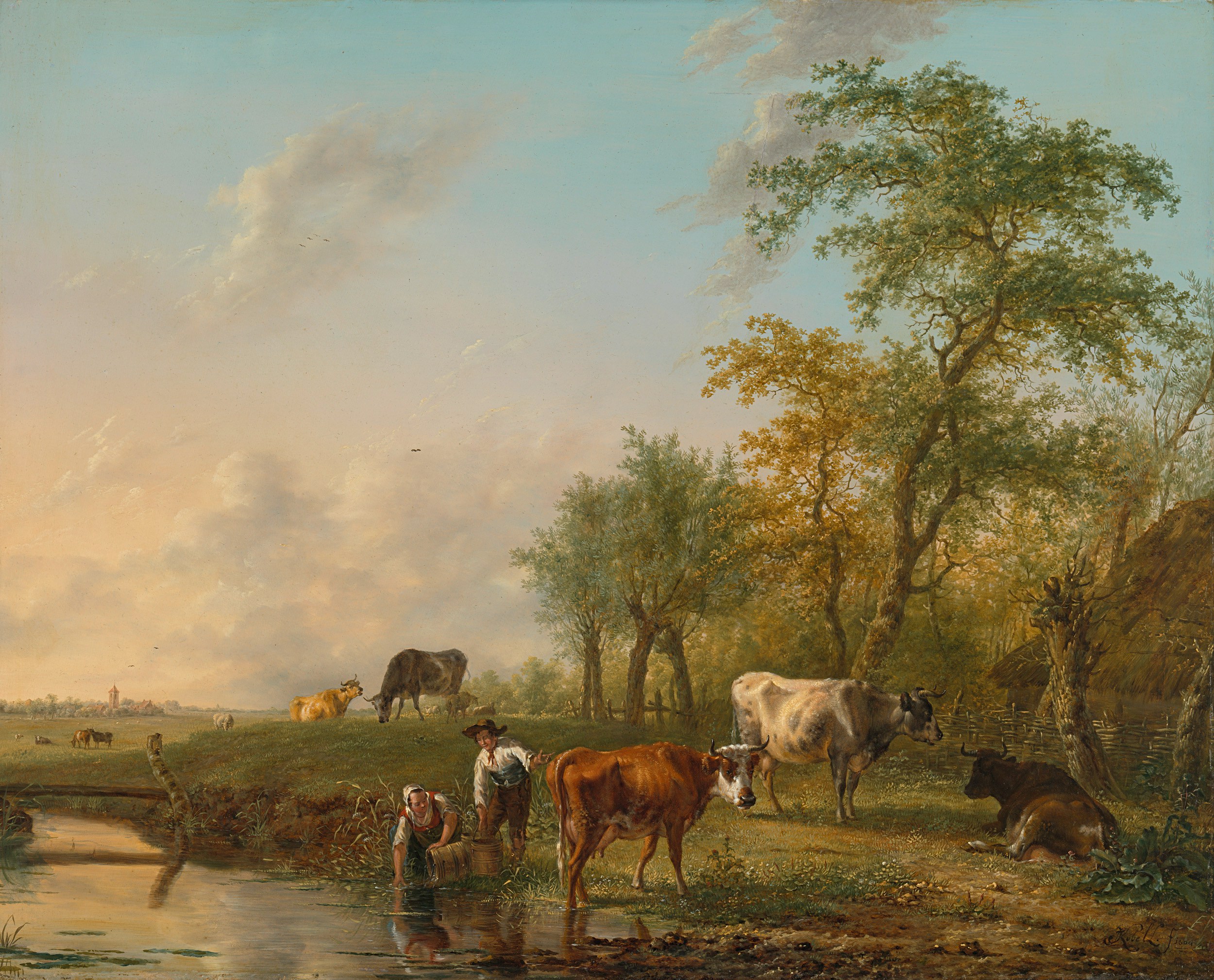No products in the cart.
Turns Out the Past Wasn’t Actually Purgatory

I once asked a young adult what period of history she would most like to live in. Without much thought, she answered, “None of them.” When I asked her why, she simply said, “Because I’m a woman!”
Finding someone with a great love for the past isn’t exactly common. Those historical chaps were always too bloody or stupid or dirty or judgmental. If there’s anything to be learned from history—society seems to say—it’s what not to do.
History teachers and authors of children’s textbooks often love nothing more than to rattle off terrifying facts to their classes and watch the reactions.
“In the ancient world people didn’t even have toilets!”
“One out of four people in Athens may have been enslaved.”
“People used to think the earth was flat!”
“If you were a medieval peasant, you would have had to work from sunup to sundown, maybe with only an onion for lunch!”
“It once took more than a month on a dirty sailboat to travel between Europe and North America.”
I do understand the intention behind these statements; it’s very important for people to value and not take for granted all the wonderful modern conveniences that have come about. It’s far too easy for people to go through life assuming everyone has lived a comfortable American life. Making downward comparisons is very important in a culture that’s used to immediate gratification of its every wish.
Still, it’s troubling that history is always looked at from the perspective of a young adult who boasts proudly of how he’s outgrown childish things, or perhaps like the Pharisee who thanks God that he is not like that awful tax collector.
But seriously, imagine washing clothing by hand. Imagine cutting a lawn without a lawnmower. Imagine, worst of all perhaps, no screen time. Ever.
It’s hard to imagine happiness without convenience and entertainment. It’s even harder to imagine happiness without nourishment and hygiene. Imagine if the parents who panic about a missed soccer game found out that a pestilence had wiped out the entire year’s harvest.
The question that history teachers and students miss is about the essence of happiness. The modern, looking at history, inserts himself into the scene and considers what this would mean for him. He imagines a world with no toilets and thinks of how annoying that would be. He imagines adding four hours to his workday and sighs. He imagines having less food, less money, less comfort. Finally, he imagines himself dying of some “easily curable” disease. After he completes this mental image, he quickly chugs a sugar drink, pops some anxiety medication, and contemplates how unhappy he would be in such a world. For a little while perhaps he’s happier in his world, then he goes back to his own stress and anxiety.
The truth is, that people were not less happy in past ages. If anything, they were more happy with less. When the peasant had enough food he rejoiced with his family, and he thanked God for answering his prayer for daily bread. The modern is often grumpy to have to trek all the way to the Walmart—and by trek, I mean drive. Did always having enough food make the modern more happy than the peasant, or did it perhaps even do the opposite?
More money, vaccines, toothpaste, votes, and plumbing don’t make people happy; they only raise the bar for what happiness is. This is not to say that the key to happiness is being a starving comrade in the 1930s USSR, but just because comfort and nourishment are necessary for a certain level of Earthly happiness, doesn’t mean that an abundance of those things equates to an abundance of the other.
In the distant future two brains floating in glass will telepathically communicate. One brain will be telling another about everything he’s just learned about the ancient American people. All those poor people having to move around to stay alive, having to spend hours studying (even, and at this their avatars will gasp in horror, children!) All the effort it took to drag that body everywhere. The brains will casually mention all the horrible injustice, all the needless death to curable diseases, all the idiot “scientists” who claimed to know things, and will note how they would die if they had to live in such a cruel world.
A well-loved, well-worn, quote is George Santayana’s: “Those who do not remember the past are condemned to repeat it.” What a terrible fate the past is. How abominable to imitate those fools that went before us. The quote implies, and is quite unchallenged in its assumption, that the most important thing to remember about history is mistakes.
Just as accurate, I would say, is the statement: Those who dismiss the past lose all hope of imitating it. The past is filled with lessons, many bad ones but also many good ones. The world could use another Socrates, another Augustine, and another Shakespeare. We should imitate the bravery of the Spartans at Thermopylae and the Christians in the catacombs. We should write documents with the wisdom of the Magna Carta and the Constitution. We should live like the saints and die like the martyrs. These things are at least just as likely to bring us happiness as our cellphones and french fries.
There are many lessons to be learned from the past. Not least of these is an appreciation for our contemporary blessings. History, though, should be more than a horror story to scare gratitude into us. Nor should it be an opportunity to smugly reflect on our superiority. History exists to help us prevent catastrophes but above all to inspire us to imitate forever the virtues of our predecessors.
Michael James Thomas Hoffman
Michael Hoffman is a high school Junior and Roman Catholic from Erie Pennsylvania. He enjoys playing and composing music, redrafting his incomplete novels, running, and Taekwondo sparring.







